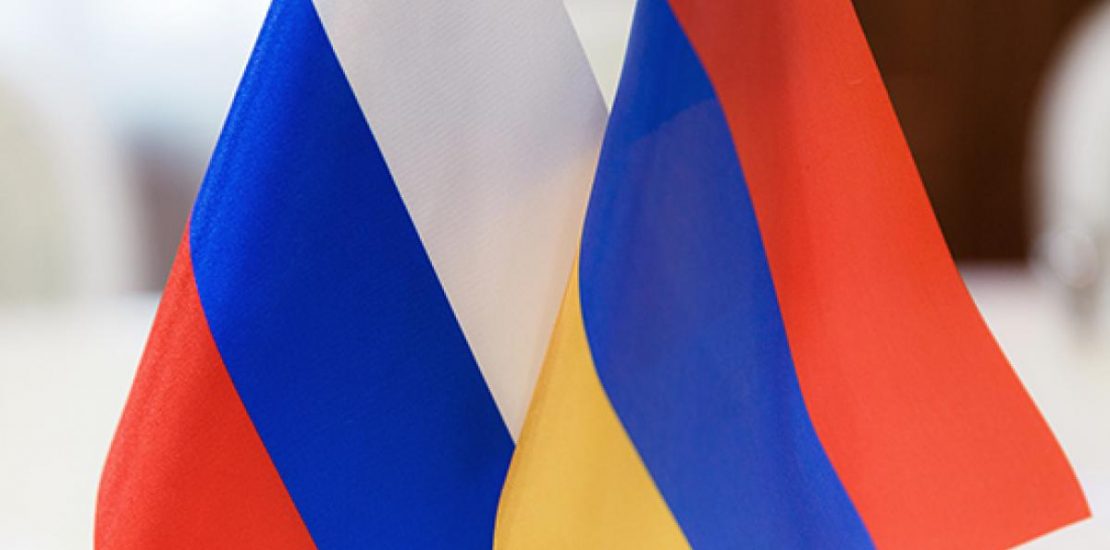- 19 June, 2019
- Foreign Policy

The meeting of the Russian Ambassador to Armenia with Robert Kocharyan, the second president of Armenia, and the response of the Armenian side indicate that there are serious sharp angles in Armenian-Russian relations.
What happened?
On June 13, it became clear that Russian Ambassador to Armenia Sergey Kopirkin met with Robert Kocharyan. On June 14, the Russian Embassy website clarified that the meeting took place within the framework of regular meetings between the Ambassador and social, political and business circles.
Different representatives of RA authorities expressed conflicting opinions on what happened. In particular, RA Deputy Foreign Minister Grigor Hovhannisyan said that Yerevan does not see any problem in the Ambassador’s action. According to the deputy minister, the ambassador has not committed any wrongdoing within the framework of diplomatic protocol and norms, and, thus, it cannot be subject to special investigation.
However, RA National Assembly Speaker Ararat Mirzoyan later noted that he does not welcome the meeting of the Russian Ambassador with Kocharyan because the charges against Kocharyan position him beyond the purely political field, and that meeting cannot be considered as an ordinary meeting with a representative of the political sector.
Later, Chairman of the RA NA Standing Committee on Foreign Relations Ruben Rubinyan announced that the Russian Ambassador to Armenia was invited to the RA Foreign Ministry on Friday, and a conversation took place in the context of non-interference in the RA domestic affairs.
Calling an Ambassador to the MFA is a fairly common step in intergovernmental relations, through which one of the parties expresses its concern and dissatisfaction with the other party in connection with any issue. However, this phenomenon is exceptional in the history of Armenian-Russian relations, and the Russian ambassador to Armenia was never called to the Foreign Ministry even during the Russian-Azerbaijani deals on arms supplies.
It is also worth noting that the relations between Armenia and Russia and the problems existent in those relations have always been settled on the level of the leaders of the states, and this case defies that rule because the RA MFA usually does not interfere in controversial issues.
Thus, the current situation is exceptional, and testifies to the serious shifts in the Russian-Armenian relations.
What is happening?
Despite the assurances of the Armenian authorities after the Velvet Revolution that Armenian-Russian relations are at a high level and Armenia is not going to change its foreign policy, some tension is nevertheless observed.
At the same time, it is noteworthy that the reasons for this tension are not the breach of some agreements or mutual obligations, but specific issues with specific individuals.
In particular, one of the thorny aspects of the Armenian-Russian relations is related to Mikael Harutyunyan, the former Minister of Defense of the Republic of Armenia charged with March 1 case, who is now in Russia. And as he is a Russian citizen, he cannot be extradited to Armenia. One of the complicated issues is related to Robert Kocharyan, who is in close relations with Russian President Vladimir Putin. Another issue is related to Mihran Poghosyan, former head of the RA Judicial Acts Compulsory Enforcement Service, who has been charged with corruption, and Russia has not extradited him to Armenia yet.
All these events have an obvious impact on Armenian-Russian relations. Moreover, that impact is so great that it gradually transforms the format of the Armenian-Russian intergovernmental contacts and gives new shades to the relations. Against this background, not less noteworthy is the voting on the “anti-Russian” resolution initiated by Georgia in the UN in early June, when Armenia did not vote in favor of Russia in spite of the established tradition.
However, the main concerns about the events are related to the quality of Armenian-Russian centuries-old, traditional and allied relations. If the quality of these relations is really high, such tensions and predicaments will result in a new, higher level of bilateral relations, as the practice of solving rather than bypassing painful issues will be established. However, if the quality of relations is not as high as commonly thought, such “incidents” (even in relation to specific individuals) will lead to the bilateral relations gradually becoming colder and tenser, and the consequences unpredictable for all the parties.
Vahe Ghukasyan
Union of Informed Citizens




